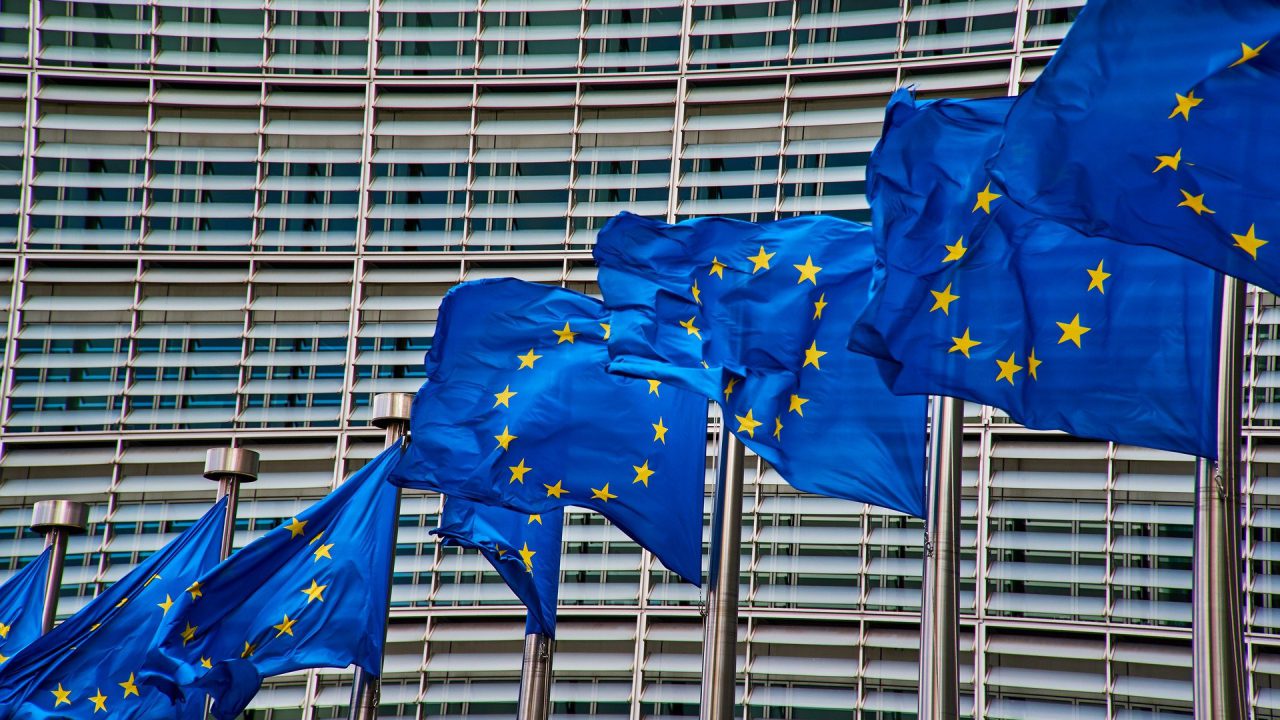Two countries in the Baltic region of Europe have asked the EU for exceptional financial support for its dairy farmers.
At a meeting of EU agriculture ministers the delegations from Latvia and Lithuania submitted a document requesting the support and outlining the reasons it is required.
The Baltic member states were supported by Bulgaria, which threw its weight behind the submission.
The joint document drew attention to the deteriorating situation in the Latvian and Lithuanian dairy sectors, in particular for milk producers, caused by a sharp fall in raw milk purchase prices over a short period, combined with persistently high costs of production.
The submission also said that the Russian invasion of Ukraine has “severely affected the agricultural and food sectors in Latvia and Lithuania”.
“Farmers and producers are under pressure due to the prolonged crisis and the significantly increased costs of inputs,” the document went on to say.
“It should be noted that a continuous increase in the price of inputs was already observed in 2021. The overall negative impact on the farmers and their viability has been very long lasting.”
The two countries are particularly struck by high energy prices. In December, Latvia and Lithuania had the second and fourth highest energy resource inflation rate respectively among all EU member states.
Feed prices in both countries are also trending ahead of the EU average.
While farmers in the Baltic states have seen their costs increase, the milk prices they have been getting has been on a steady declining trend.
In Latvia, the price has been falling for six months and is currently the lowest among all member states.
Meanwhile, in Lithuania, milk prices have been steadily declining since November 2022. The submission also said that for small or family farms, which constitute about 70% of dairy farms in Lithuania, the prices received as “considerably lower than the ones reflected in statistical averages”.
The submission said: “Immediate support is indispensable to ensure survival of those dairy farms.”
Dairy processors in the two countries are also feeling the effects of these challenges.
The submission said that processors are struggling with reduced market demand for dairy products due to inflation and reduced purchasing power.
The Latvian and Lithuanian dairy sectors are net exporters and are highly dependent on the developments in external markets.
The situation is, according to the submission, leading to some dairy farmers in Latvia and Lithuania leaving the sector.
Last month alone, 10% of Lithuanian dairy farmers withdrew from milk production, and the quantity of raw milk decreased by 4%, compared to the same period in 2022.
“Unless urgent measures are taken to respond to this significant market disruption, it could have irreversible negative consequences for the dairy sector in our region,” these member states said.
For those reasons, Latvia, Lithuania and Bulgaria called on the European Commission to provide exceptional financial support to milk producers.
These member states also called on the commission to issue a proposal for reviewing and increasing the prices for the buying-in of skimmed milk and butter into public intervention, as the current levels of these prices have not been reviewed for some time.
